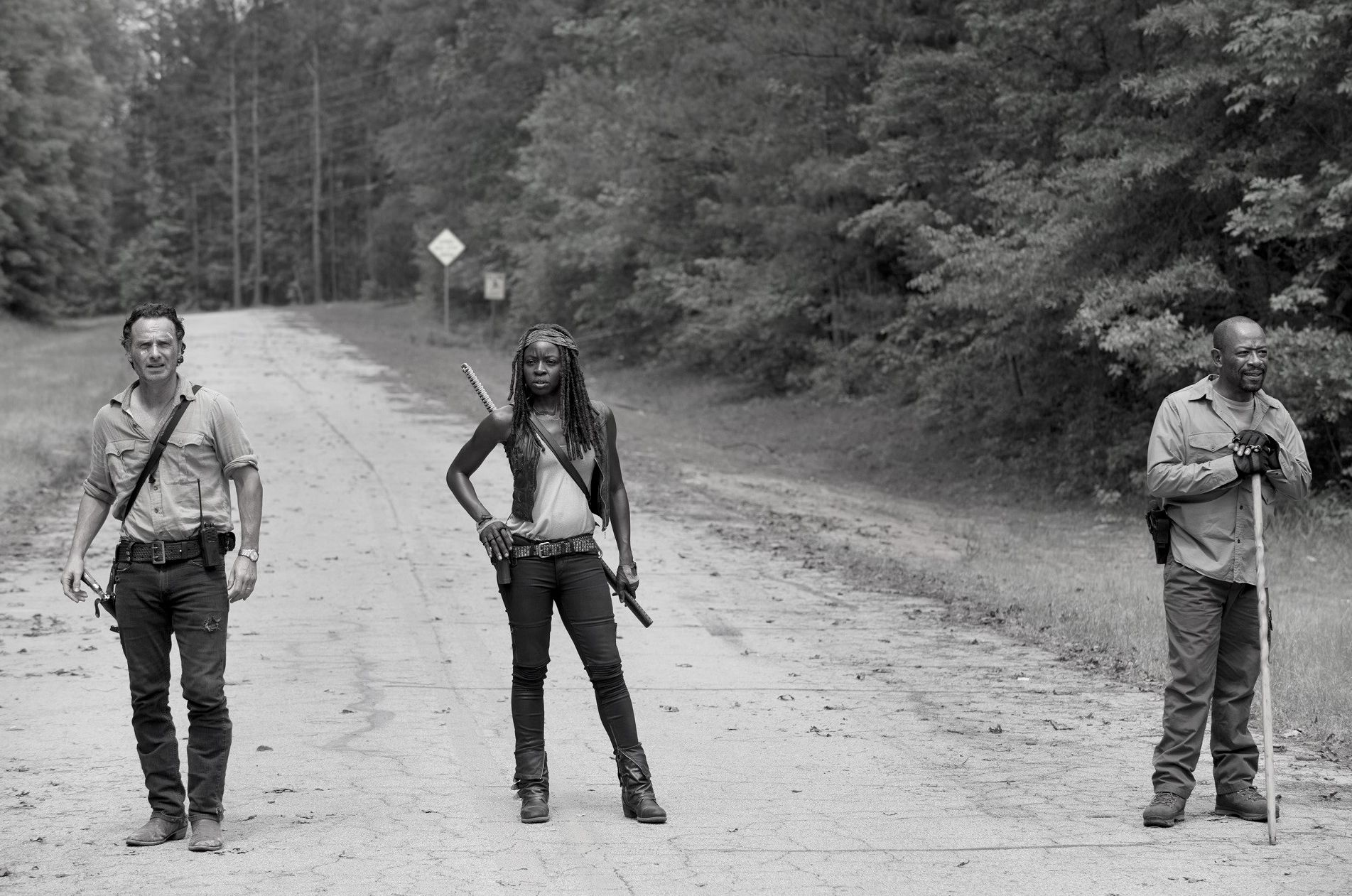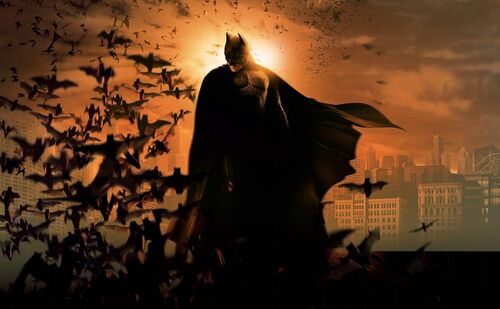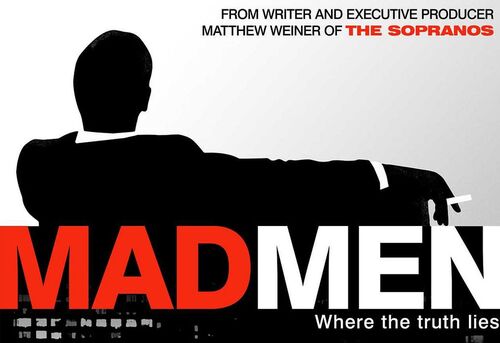
The Walking Dead, Season 6, Episode 1 - Not All Black and White
 The Walking Dead returns with an extended re-introduction, setting a standard early and showing its audience that this season might be different in scope. The walkers are shaping up as a genuine threat and some creative decision-making helps to make this premiere feel unique.
The Walking Dead returns with an extended re-introduction, setting a standard early and showing its audience that this season might be different in scope. The walkers are shaping up as a genuine threat and some creative decision-making helps to make this premiere feel unique.
Straight out of the gates, it teases us with the episode's primary conflict, an interesting opening to raise plenty of questions. The remainder of the episode is told non-linearly, jumping back and forth between the unfolding of an elaborate plan, and how that plan came to be.
The flashbacks, all told in black and white, pit Rick (Andrew Lincoln) and his team against select Alexandrians, while also allowing us to touch base with most characters (Chandler Riggs as Carl is noticeably absent from the premiere apart from one brief scene at the beginning). But while this is certainly a plot driven opener, circling around a vague mystery before quickening the pace between the past and present once said mystery is revealed, there is one particular relationship central to the proceedings.
Fans will recall last season's cliffhanger ending, in which Morgan Jones has finally caught up to the group, only to witness Rick at his lowest. The episode, in its flashback sequences at least, delves into the relationship that Rick and Morgan must restart, and plays the two very different characters off of one another.
Morgan is quite clearly designed to be a moral compass for Rick going forward, and often denies that the ruthless killer he has seen is truly the Rick Grimes he met in the very beginning. But, as they both put it in certain ways, they never really knew each other. And they certainly don't now.
By episode's end, that would change, or at least start to. The choice of black and white for the scenes set prior to the soundtrack-heavy plot, to deviate an enormous herd of walkers away from Alexandria, seems more purposeful than just a means to differentiate the two timelines. Apart any intended meaning, the scenes provide a fantastic aesthetic, enjoyably playing into and out of the coloured scenes without any jarring effect.
It could in fact be an attempt to play the two characters against one another, and create the feeling that not everything is black and white. Morgan is morally driven, willing to clearly do what is necessary but never denying his humanity in the process. His willingness to forgive and forget may be just as dangerous as Rick's mindset of never taking chances.
What Morgan does offer to Rick is a second chance in many ways. Ever since Rick's speech to the Governor about how "everybody gets to come back", he's fallen remarkably. This has been a key element in recent times on the show, but perhaps this season offers Rick the chance to finally come back himself.
None of the other characters really get much attention in this episode. We certainly get to touch base with them, including Father Gabriel (who gets spectacularly rejected by Rick when he offers his hand to help). But the episode prioritises Rick, Morgan, and the action with the walker herd first and foremost.
That they devote their attention to so few means that the episode feels entirely coherent, toward the end the pace quickens and the black and white scenes become shorter, inter-cutting with the present at a more rapid speed. This attempt didn't quite hit the mark in pumping up the suspense, but it isn't for lack of trying.
And while the premiere's narrowed vision allowed for a more focused observation of Rick and Morgan's relationship, and the threat of the walkers, The Walking Dead has shown its strength in the past with its character drama and interactions, and hopefully the creators are aware of that and decide against an action-first approach going forward.
During the flashbacks, there are moments intended purely to provide a conflict, possibly with the concern that there isn't enough of it. This leads to a very brief attempt at mutiny against Rick (is it mutiny if Rick isn't officially the leader?) that fizzles out with some convenient timing and an opportunity for Rick to show off.
Hopefully the 'us versus them' approach will smooth over before long, because it may get tiresome watching Rick continue to assert his hand against weary and anxious Alexandrian folks. Then again, if the show follows the comics from here on out, we'll be in Alexandria for the long haul in any case.
The walker conflict itself is fascinating to watch unfold. The plan to lead the walkers away from the community is an opportunity for a kind of training, and could lead to some stellar routines in the future in which this kind of thing is methodical. Here, the suspense drops at times when we see, for instance, Daryl (Norman Reedus) riding his bike along in front of the herd with a bored look on his face.
Though, Daryl's reaction to the proceedings act as a reminder that the walkers are, in the eyes of much of the cast, not truly a threat, and that this is essentially a drill. It will be interesting to see whether these kinds of glimpses add to a resurgence in the walker threat in the next few episodes, or whether it really is an example of the veteran-status these characters now hold.
The excitement meanders out into nothingness a bit in the end for the sake of a cliffhanger that promises even more madness in the next few episodes. I couldn't help but feel that this is a reminder of the opening few episodes of season 5, which are in my opinion some of the best The Walking Dead has offered in its run. Hopefully, if this season indeed starts similarly, it doesn't drop its standard abruptly in the aftermath.
A creative and double-sided opening to season 6, The Walking Dead introduces us to characters new and old and kicks the season off with conflict both inside the walls and out. While its creative efforts aren't flawless, the back and forth between timelines provides for a unique view of the zombie-riddled world, even if it's perhaps a one-time thing. Hopefully the show will only build from here.


